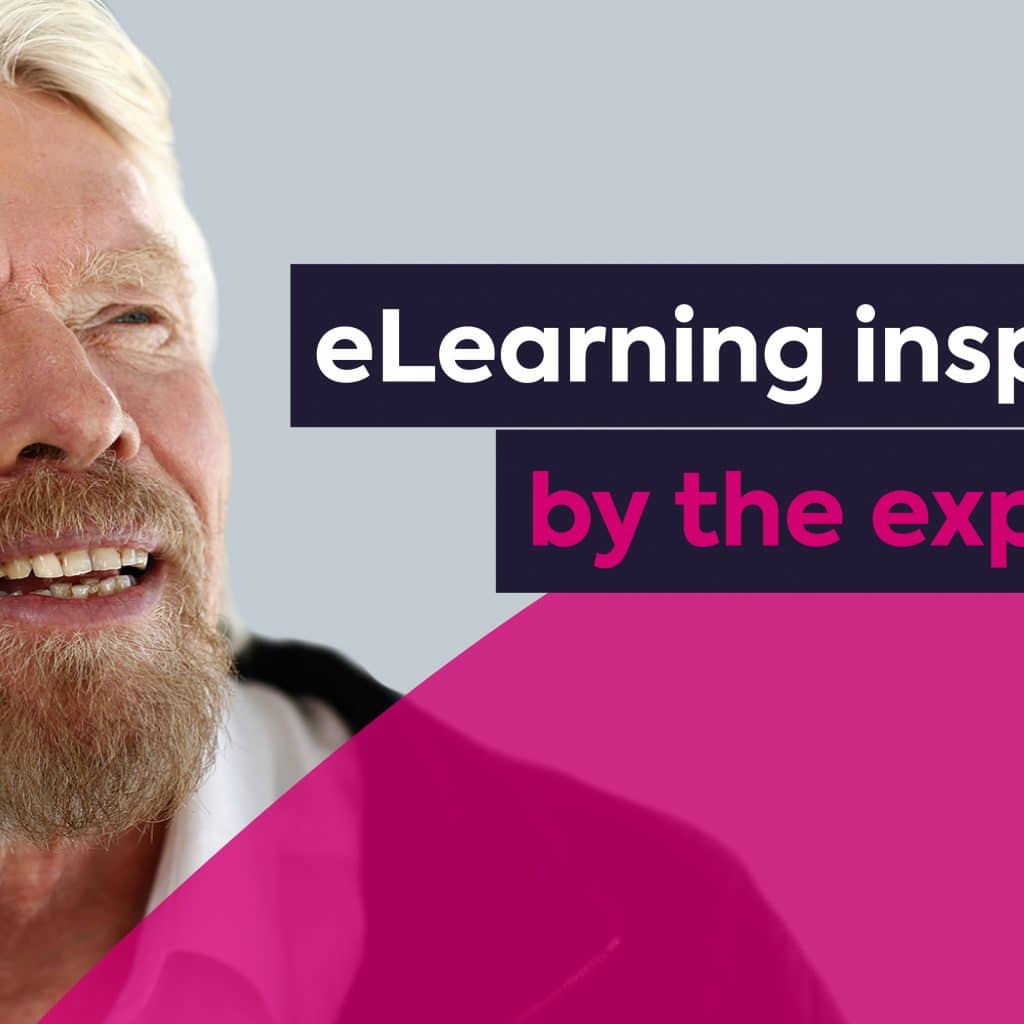The history of Moodle – A timeline of key events

Today, Moodle celebrates its 18th birthday. To commemorate the birthday of the platform which has had such a profound effect on the lives of people around the world, we thought we would take a journey through the history of Moodle. Starting from its first inception in 1999, through to where Moodle stands today in 2020. […]
Where do Moodle plugins come from?

I have just had a new plugin made available in the Moodle.org plugins database – https://moodle.org/plugins/qbehaviour_interactiveexplain It is the Interactive with Explanation question behaviour plugin, which adds a field for students to feedback on quiz questions. I’m very proud of the plugin and it works well, but this blog post is not about the plugin, but […]
e-Learning inspired by experts

Quotes from business, political or cultural figures are an ever-popular presence on social media sites, usually presented in a shareable image with a suitably “inspirational” background. However, what we’ve noticed is that much of the time, these posts are forwarded and shared without comment, or analysis of the meaning behind the quote. Here we’ve picked […]


